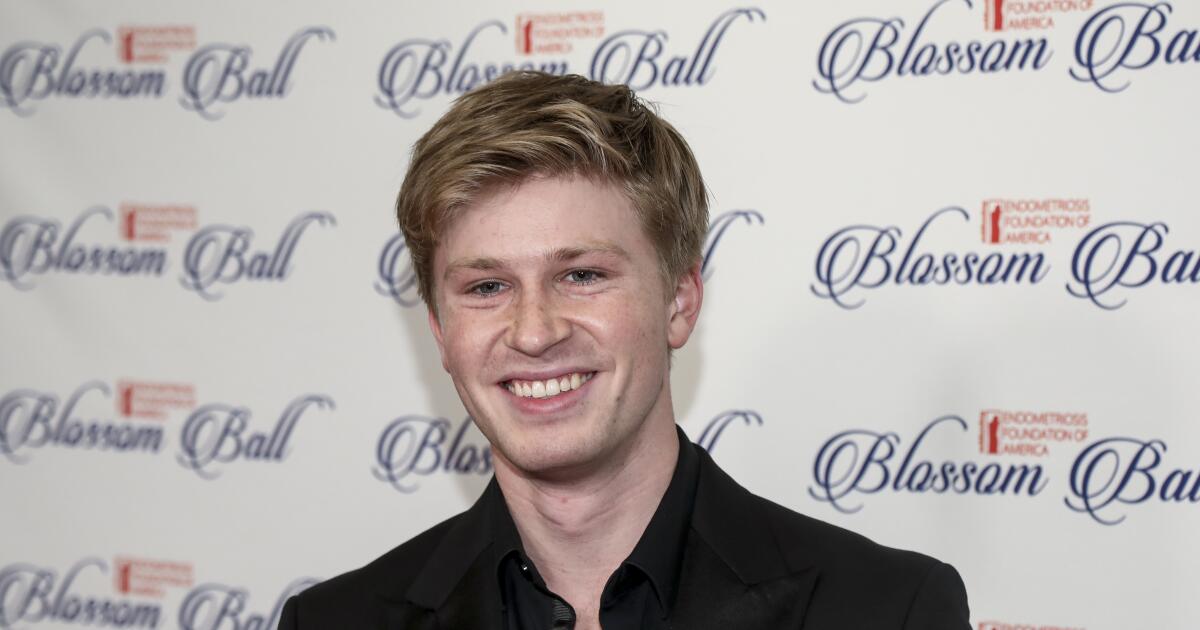A new “Dancing With the Stars” champion has been crowned. After weeks of themed choreography revolving around TikTok, Disney films and one-hit wonders, the winner of Season 34 is (insert dramatic pause) Robert Irwin and Witney…
Robert Irwin, like sis Bindi, wins ‘DWTS,’ so crocodiles aren’t his only claim to fame
